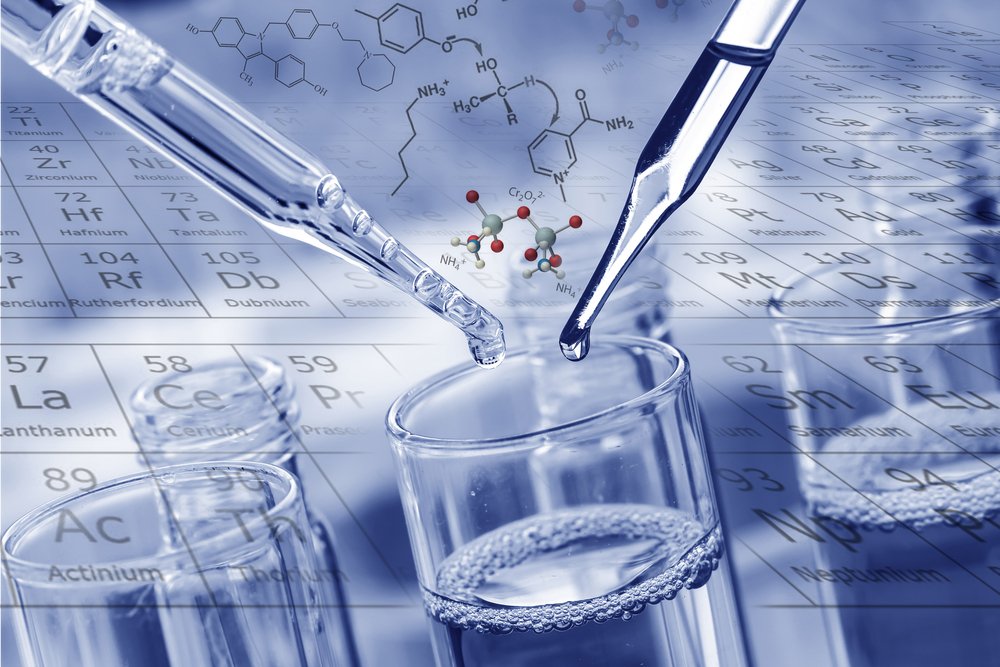Biohaven Advances Regulatory Efforts for BHV-0223, a Sublingual Form of ALS Therapy Rilutek

Biohaven Pharmaceuticals is pushing hard for regulatory approval and development of its two investigational drugs for amyotrophic lateral sclerosis (ALS): BHV-0223, a sublingual form of Rilutek (riluzole), and BHV-4157, a compound that modulates the neurotransmitter glutamate.
After more than 20 years, Rilutek remains the only approved treatment for people with ALS. But besides the fact that the drug has only marginal effects on survival, it must be swallowed — and should be taken at least one hour before, or two hours after a meal. Since ALS patients often have difficulty swallowing, tablets are not an optimal treatment form. In addition, interactions with food may prevent Rilutek from working if patients don’t follow the recommendations precisely.
For these reasons, Biohaven has designed a sublingual form of the drug, intended to slowly melt under the tongue. The new formula has done away with the food interaction problem, and BHV-0223 can be taken at any time. Another advantage: besides making the drug’s concentrations in the body more even — a fact confirmed in a recent Phase 1 trial — the new formulation is better for the liver, which receives lower concentrations.
Following the completed Phase 1 trial, which focused on how the body processes BHV-0223, Biohaven plans to launch a bioequivalence study this year to show that its new drug formulation performs equally well to the old one.
After successful meetings with Biohaven in March 2016, the U.S. Food and Drug Administration (FDA) approved the company’s Investigational New Drug (IND) application for BHV-0223, and the drug received Orphan Drug Designation last December. In July, the Connecticut-based company also received IND approval for BHV-4157. This drug will first be tested in patients with spinocerebellar ataxia, but the company believes that its mechanism will allow development for several neurological conditions, including ALS.
“The active metabolite of BHV-4157 is known to modulate glutamate and confer neuroprotective effects,” Dr. Vlad Coric, CEO of Biohaven, said in a press release at that time. “Given the fact that glutamate abnormalities have been implicated in a number of neurodegenerative disorders, BHV-4157 has the potential to become a pipeline within a single drug candidate.”
Like Rilutek, BHV-4157 modulates glutamate. Around the same time BHV-0223 received Orphan Drug Designation, Biohaven enrolled its first patients in the Phase 2b/3 clinical trial (NCT02960893). In March 2017, Biohaven announced a successful second round of private investment, raising $100 million, and this month, it took steps to become a publicly traded company, allowing Biohaven to secure $125 million.






